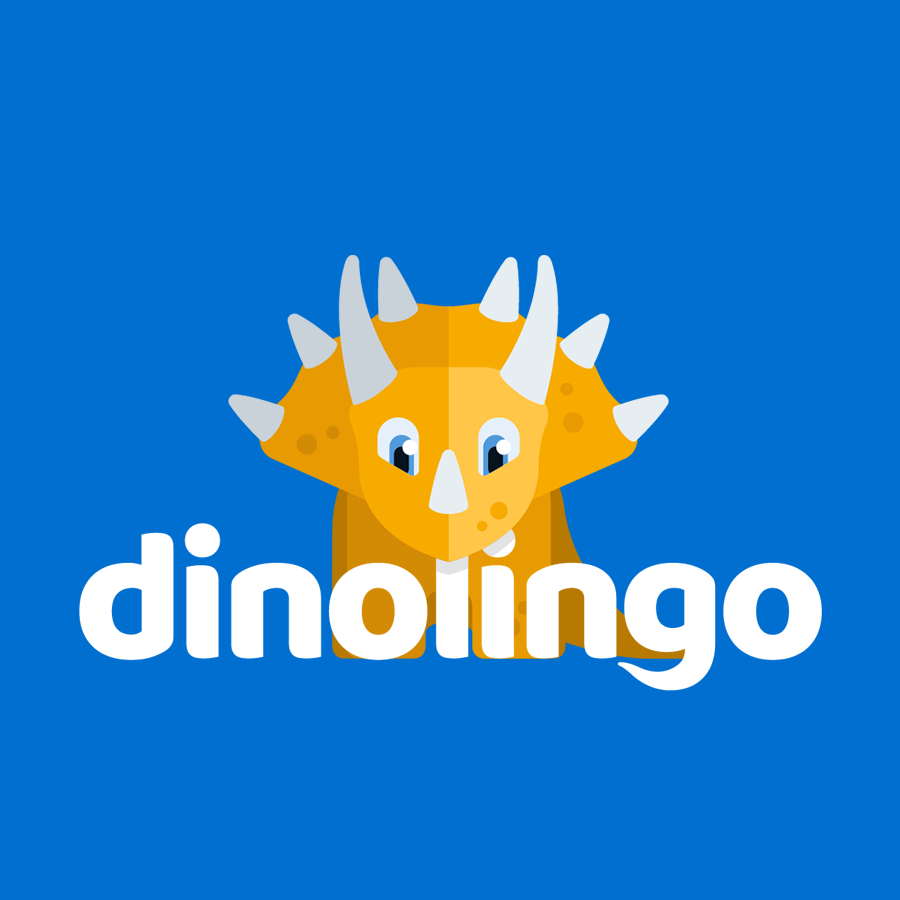
Identity is something that some people wrestle with whilst growing up. This can be more common for multicultural families, and third culture kids. The feeling of being treated differently by others can encourage mixed people to reach out in search of groups that they can identify with that helps them develop a sense of belonging with others in their daily life.
Language and culture are integral parts of our identity and families who celebrate their heritage and exposed to their youth to all aspects of their identity tend to be well adjusted emotionally, academically, and socially.
So, how do multicultural parents override barriers they encounter along the way?
- They keep culture alive
They help their children to connect with their roots and connect with the motherland. A globalized world is wonderful and celebrating our own unique family story, integrating the traditions, the stories, games, and songs from the motherland and introducing this into the children’s daily life allows them to develop that sense of connection and grounding with their family which gives them the grounding they need outside the home.
- They stay connected with family & friends far away
They connect their children with their grandparents, their young cousins abroad, and allow them to develop friendships and relationships with the wider family circle at an early age. Multi-cultural kids thrive when they know their family roots. And outside of the home, they start to identify and discover commonalities with new friends and their community.
- They learn the mother tongue
Multicultural families who teach their children their mother tongue and actively integrate the 2nd language into their daily lives create the foundations of learning and social development. Communication, listening, social and congitive skills to name but a few.
- They embrace multicultural living
For more on multilingual living in the home of Multilingual Living Magazine, a popular digital publication dedicated to families raising bilingual and multilingual children.
Bilingual Monkeys offers ‘ideas and inspiration for raising bilingual kids” while leaving the bananas for the monkeys.
Multilingual parenting has a weekly newsletter, blog, community, and coaching. Searching the site for the topic of identity, you can find a number of posts that support the acceptance and development of our multilingual and multicultural selves.
As parents, for example, we can support our children’s journey towards this position of self-confidence and self-acceptance, not only with encouragement and acceptance of their developing identities but also by providing as many positive encounters with their languages and cultures as possible. On this note, here are 3 of the things that I and my sister think our parents got right for us (Anglo-Celtic-Japanese growing up in England): Celebrating our cultures, visits to Japan, and varied groups of friends.
- Celebrating our cultures
I feel very lucky to have grown up with Robin Hood and King Arthur & The Knights of The Round Table as well as Japanese folk stories and anime. We were somewhat spoilt in having two sets of cultural festivities, but now my kids have three (Malay, English, and Japanese), insomuch as we can keep it up! Building a positive affinity to each culture, in the long run, if not the shorter term, serves to develop interest, the desire to learn the language, and a positive self-image.
- Visits to Japan
Although it would take 3-4 years to save enough funds to go to Japan with assistance from grandparents, every trip was an amazing 4-6 week affair where all our relatives went out of their way to make up for lost time, so much so that we’ve never felt the physical distance in terms of how close our relationships were. When I first traveled to Japan on my own steam, aged 19, and then again a few years later, it was invaluable to be familiar with places as well as have family and friends I was comfortable with since childhood.
- Varied groups of friends
In addition to school and neighborhood friends, we also had our mum’s circle of Japanese mothers whose children we played with regularly. Whilst it was our parents who helped maintained our ties whilst growing up, our friendships continue to this day, not least because we’d always try to get together whenever we visited Japan. Also, when my mum heard of a new Japanese family or mixed family (i.e. English married to a Japanese), she’d also make an effort to reach out and bring us all together. Meeting other kids ‘like us’ was inevitably something we always looked forward to, and benefitted from, as our similar circumstances formed a good basis for shared understanding and empathy, as well as healthy cross-cultural conversations and debate from the mundane to the more complex:
“Shoes on or off?” one friend asked when comparing typically English and Japanese homes.
“Definitely off!” we replied to nods of agreement.
“So what do you speak at home?”
The language of play and its crucial role in language development and children’s immediate needs and desire to join in and make friends can never be overstated. Moreover is often key to breathing life into a minority language that a child might otherwise have limited encounters with outside the home.
Whilst everyone’s experiences are different, I hope that by sharing a few of mine, you might find something that connects.
Last but not least, it’s always worth knowing how to find other groups and information relevant to us for any given place or time in our lives. Some of the more common terms I’ve found helpful in Internet searches include mixed-race, interracial, mixed roots, mixed heritage, and multicultural, but half, double, and hapa can also lead to new discoveries as I found in Japan. And these days, many groups are thriving with the proliferation of social media. But if there isn’t a group in your area, now may be the best time to start one.
by Philip Shigeo Brown

Online lessons for kids: dinolingo.com


